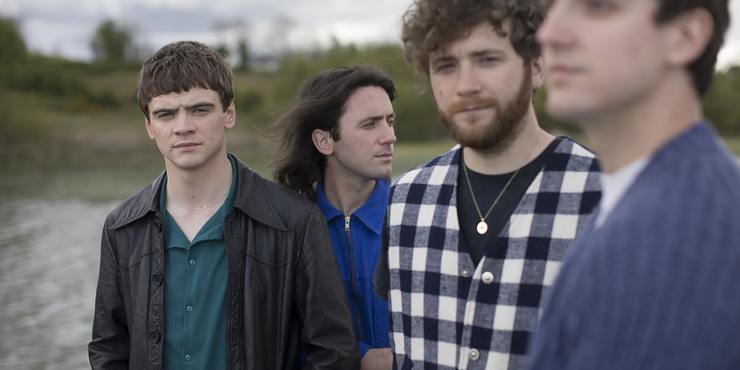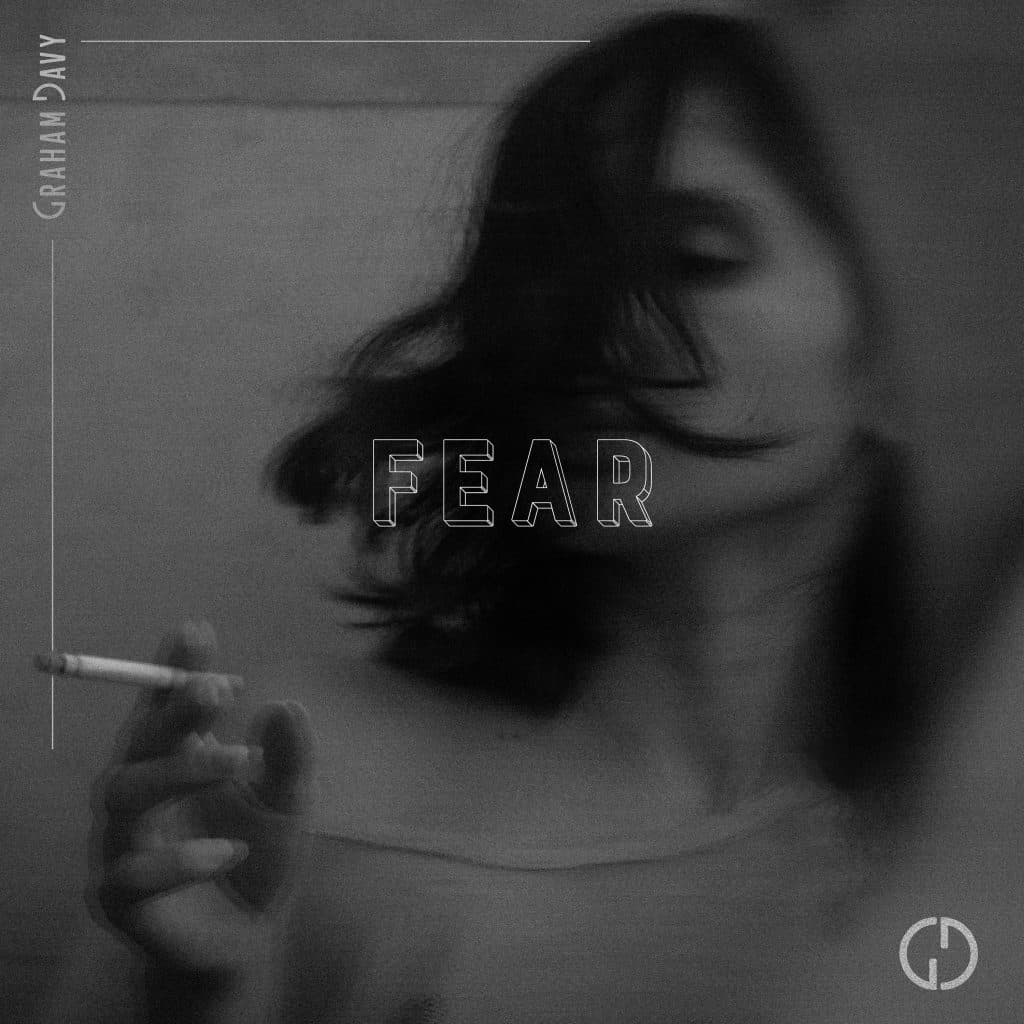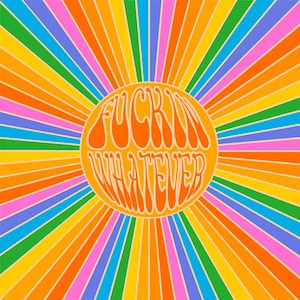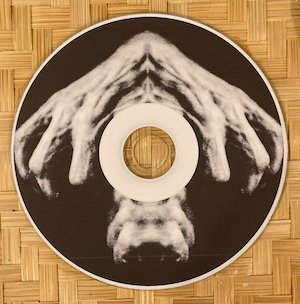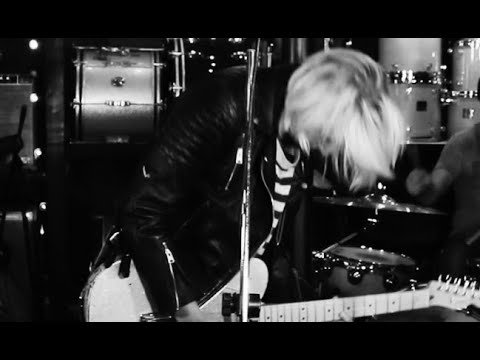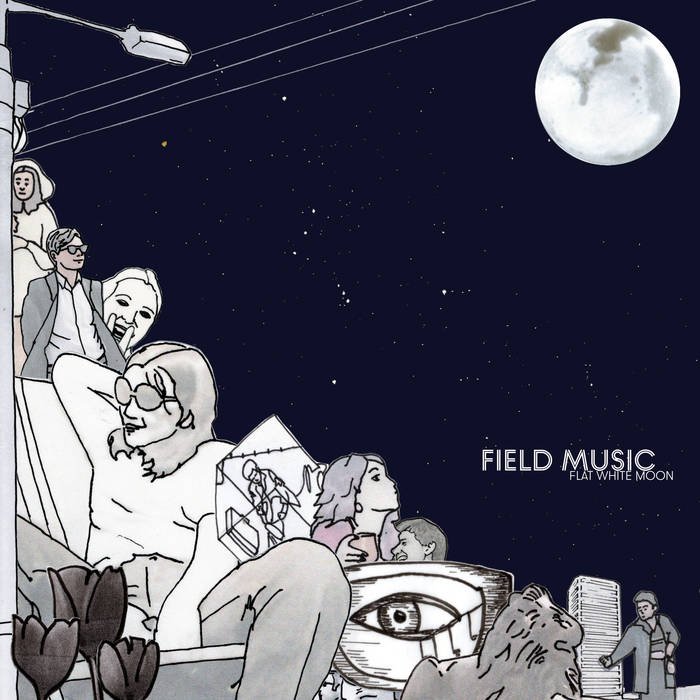Take a map and find Gampo Abbey, a Buddhist monastery situated on a rugged finger of Nova Scotia, Canada, and…
Category: Album Review
Album Review: Tigercub – ‘As Blue As Indigo’
Jamie Hall has always seemed eager to don a number of hats. Ranging from the mythos psych of Nancy to the bone-rattling…
Album Review: Wolf Alice’s ‘Blue Weekend’
Opening number The Beach is a slow build track. It begins with a strong pulse composed of a steady drum beat and…
The Academic – Community Spirit EP
Much like their 2000s indie influences, the story of The Academic’s formation is simple; four schoolfriends decided to make a little music…
Graham Davy’s ‘FEAR’ is a needed call of faith
By Bruce Wilson Fear is a topical lyrical theme considering we’ve spent the past 15 months in forced solitude. Our…
Album Review: Reds, Pinks and Purples ‘Uncommon Weather’
Glenn Donaldson is prolific. Maybe not quite Robert Pollard or R. Stevie Moore prolific, but the man records and releases…
Album Review: Fuckin Whatever
by Aaron Kavanagh Fuckin Whatever are a band, or a supergroup, or a fuckin’ whatever, consisting of members from Taking…
Album Review: TONG anatomize the patriarchy on ‘MAN’
by Ben Einstein The Greek word apocalypse typically conjures up thoughts of a violent destruction or a catastrophic…
The 16 essential goth albums you need to know
Goth is not the easiest genre to define. There’s no arguing that it grew out of post-punk in the UK…
Stream Field Music’s ‘Flat Full Moon’ via Bandcamp
English rock band Field Music (led by brothers Peter and David Brewis) have released a new album, Flat White Moon,…
Watch Julia Stone cover The National and preview new material in her Off The Road session
Ahead of the release of Sixty Summers next week, on 30 April, Julia Stone is our latest Off The Road…



